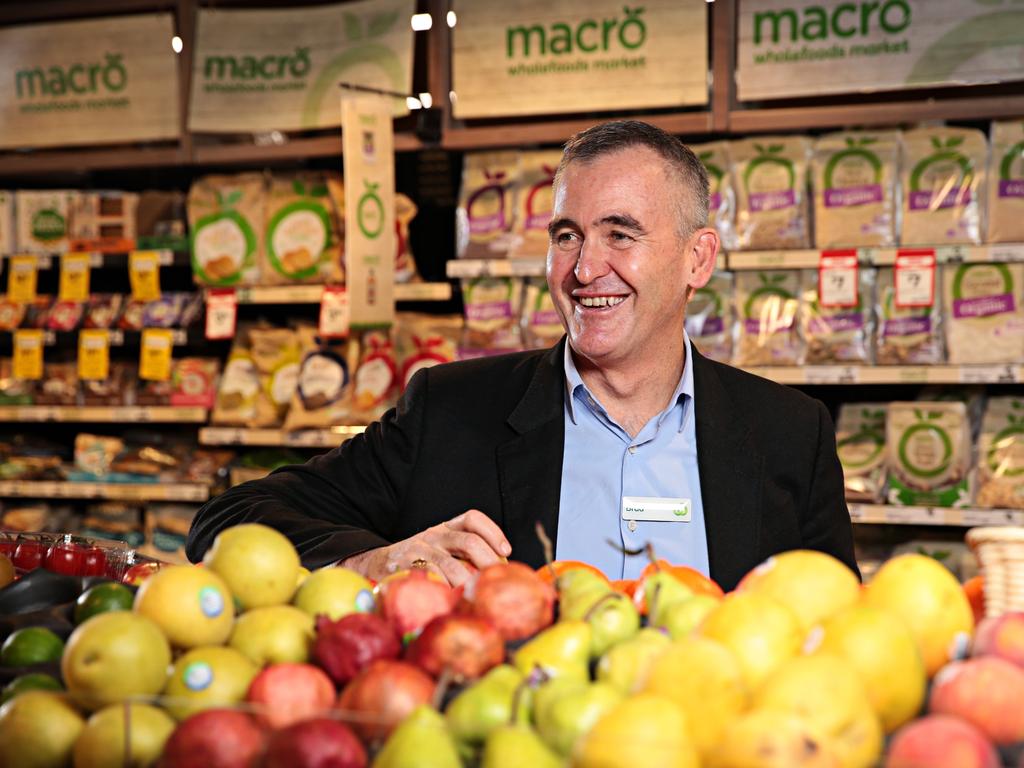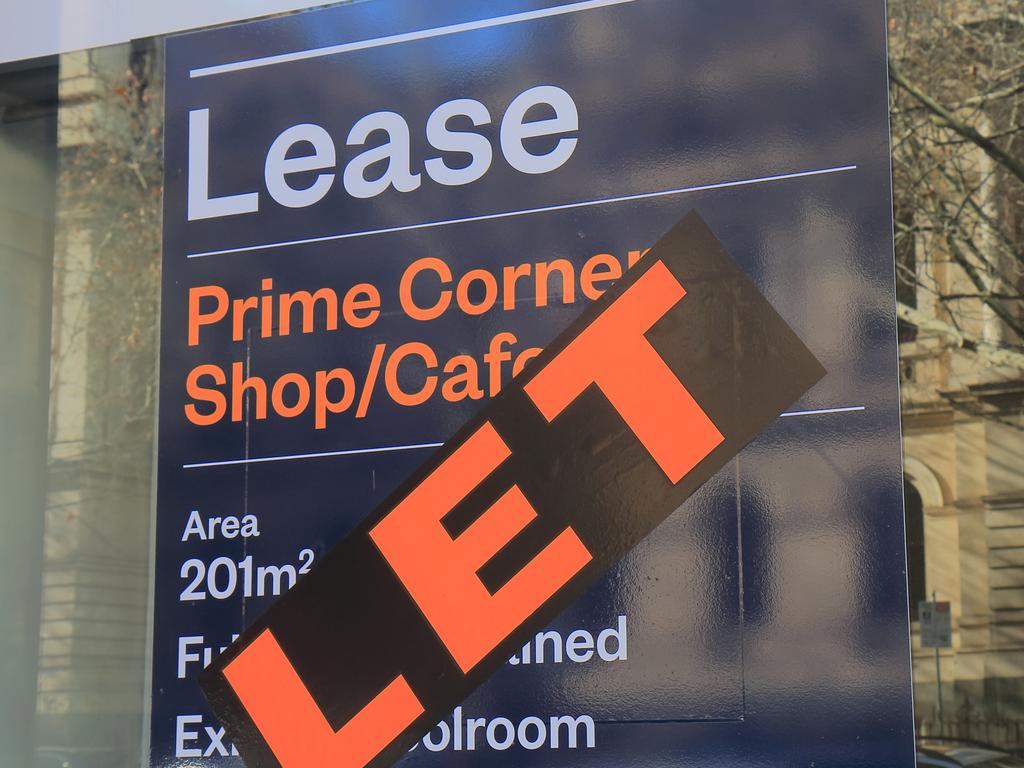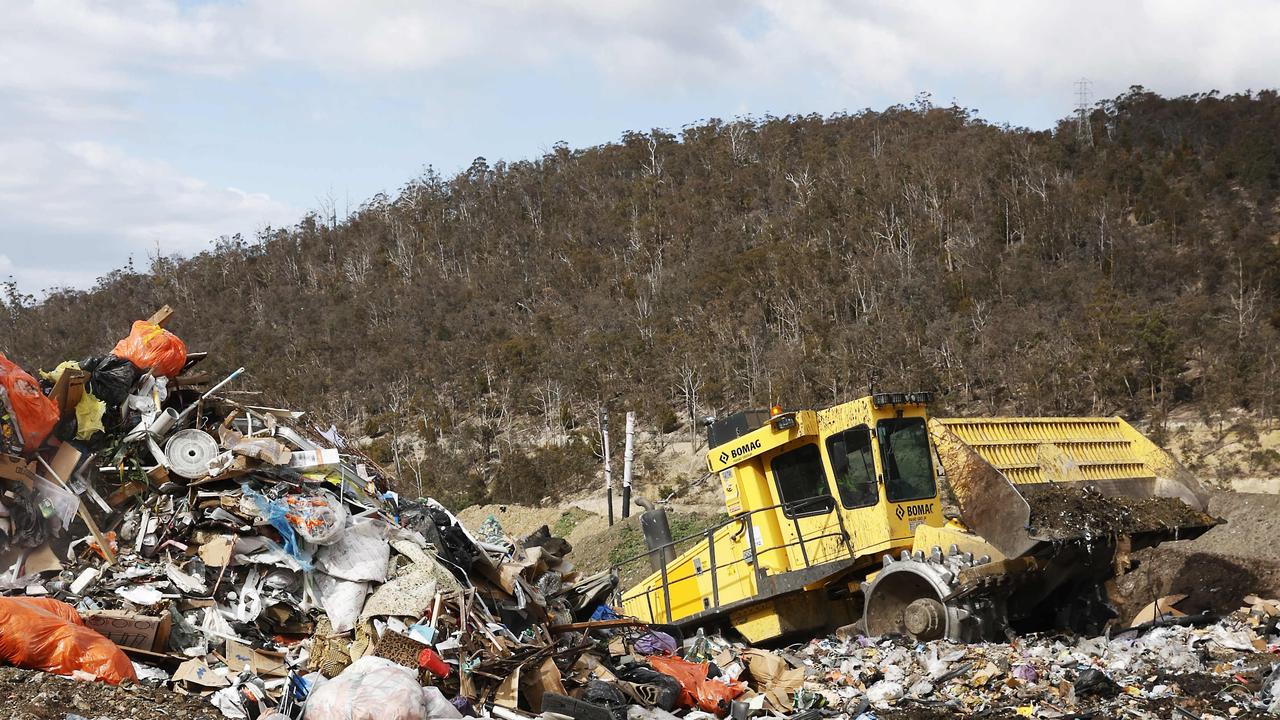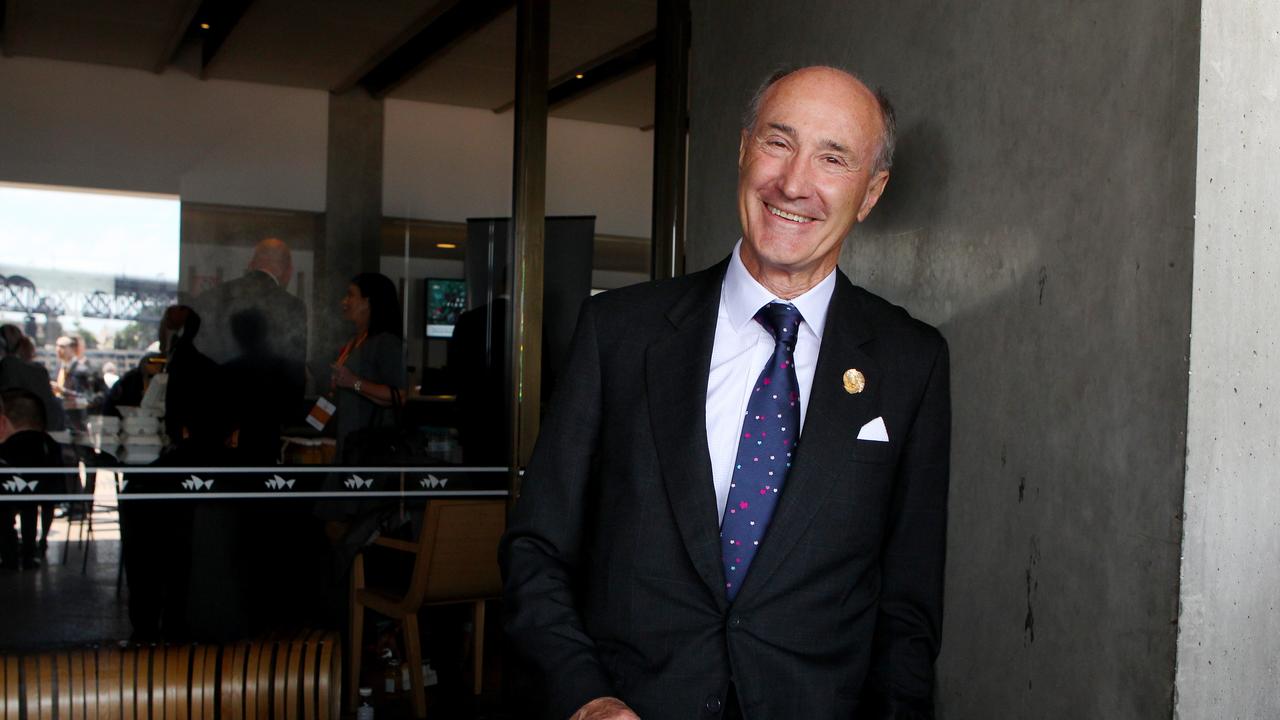
The update came in the wake of the expected strong profit tempered only by a still cautious 70 per cent payout ratio on the dividend of $4.43, which shows the company is keeping some cash aside in case of a falling iron price.
JS played down the coronavirus impact as short-term and rightly said his main concern was for staff like the 14,000 people employed in Mongolia.
He, like others, admitted no one really knows at this stage.
On climate he is working from the same basic song sheet as many global companies: it depends on working with staff, investors and the wider community to create sustainable long-term profits.
Two schools of thought worry about the Rio and BHP stance — one concerned the companies might actually do something and the other that they are just virtue-signalling, saying the right thing so they don’t have to do anything.
JS is proving both schools wrong and in the process backing the judgment of BlackRock’s Larry Fink, Russell Reynolds’ Clarke Murphy and BHP’s Mike Henry. Rio comes to the table with a couple of advantages over BHP in that it doesn’t produce coal, oil or gas and 76 per cent of its electricity consumption is supplied by renewable energy.
JS did rule out so-called phase 3 reductions through setting targets on customers, instead saying the company was working with them to see what could be done.
Excluding divestments, Rio has cut greenhouse emissions by 18 per cent since 2008.
Its targets, similar to those of BHP, include net zero emissions by 2050. Growth between now and 2030 will be carbon-neutral and emissions intensity will be cut by 30 per cent from 2018 levels and backed by $US1bn (BHP $US400m) in climate-related spending over five years.
Russell Reynolds’ Murphy says the reality is that governments are reluctant to hold people responsible, so companies backed by their investors are taking the lead.
Next week he will join a group of global companies to hear from Larry Fink as part of the third biennial conference in New York of a group known as Focusing Capital on the Long Term (FCLT), which includes the Future Fund, Canada Pension Plan, McKinsey, BP, Carlyle, EY and others.
Nearly a decade ago Hilton Hotel made a lot of noise about recycling water and soap, among other initiatives, and since has saved $US900m and boosted customer revenues. Carlsberg Brewery has hit the headlines cutting water use with similar effect, and the message is hitting home, as explained in Wednesday’s paper by Fink.
Goldman Sachs won’t invest in fossil fuels or float new companies with insufficient gender diversity.
Tough at the top
Russell Reynolds global chief Clarke Murphy is a lead member of the global headhunter gang known as SHREK (Spencer Stuart, Heidrick & Struggles, Russell Reynolds, Egon Zhender and Korn Ferry) who says the job is to “proactively seek leaders for a defined role”.
In over 30 years at the company he says the job has changed from providing resumes to insights as they help prepare a company for change and work with existing executives so leaders and boards understand what they have to work with and how they compare with their peers.
It’s an increasingly powerful role that normally stays below the radar of those outside the company, but it provides the profession with extraordinary insight into how effective companies’ governance and management is.
That role looking at effectiveness has grown from zero to 8 per cent of the firm’s revenues, with 22 per cent earned from chief executive appointments, 16 per cent assessing talent and 40 per cent general governance.
The firm has 48 psychoanalysts on staff to help assess how people perform under pressure, working on the theory that while past investment performance is no guide to the future, past behaviour is a good judge.
ASIC boss James Shipton would be pleased with the use of “shrinks”, but the difference is that the Russell Reynolds crew are looking at executive performance not sitting in on ad hoc board meetings to look at how people react.
Murphy rates Australian boards in terms of basic governance principles but thinks they have “reacted slowly to best practice on issues like diversity, the role of the chair and operational performance”.
“Australia is over-boarded,” he adds, which means there are too many people on multiple boards. “It is difficult to be on more than two boards”.
Some like Qantas chair Richard Goyder of course disagree: he also runs the AFL and is chair of Woodside.
Murphy thinks executives would be better spending more time outside Australia noting they tend to travel early in their career but return home to complete their careers. The common practice of big companies having nine or 10 board meetings is also a negative according to Murphy.
It makes it tough to attract outsiders.
Instead he thinks boards should run more committee meetings and leave directors more time to do their own homework with staff and customers.
The US norm is to have no more than six scheduled board meetings.
From 11,000 board appointments last year 46 per cent were female against the big board average in Australia of 30 per cent.
Murphy says the coronavirus has the makings of a major black swan event and while it was more an operational than governance issue, by definition health and safety was everyone’s job.
“People used to say culture was not a board issue but then the likes of VW and Wells Fargo bought the issue firmly inside the boardroom,” he says.
Woolies a mixed bag
Woolworths boss Brad Banducci has produced an impressive profit performance for the first half, with earnings growth across the board including perennial dog Big W, but the good news came with some downsides.
The underpayments scandal is now costing shareholders $395m, well up from original estimates below $300m, and a serious question mark over the governance of the retailer in years past.
Last year, after first telling everyone how the company had let employees down, Banducci said the job was to fix the mess and then learn the lessons from what went wrong.
Trouble is he is still trying to assess the losses and the bill is now running at some 20 times the equivalent at Coles.
As Banducci acknowledges it is a big problem.
He doesn’t acknowledge another issue: a hefty $1.7bn capex bill this year (double Coles) when the profit growth is OK but shareholder returns are meagre, with a 46 cent a share dividend payment equating to a payout ratio of 59 per cent.








Rio Tinto boss Jean-Sebastien Jacques has taken up the climate change cause and in the process leapfrogged rival BHP to set definitive targets and double the climate-related spend over five years.